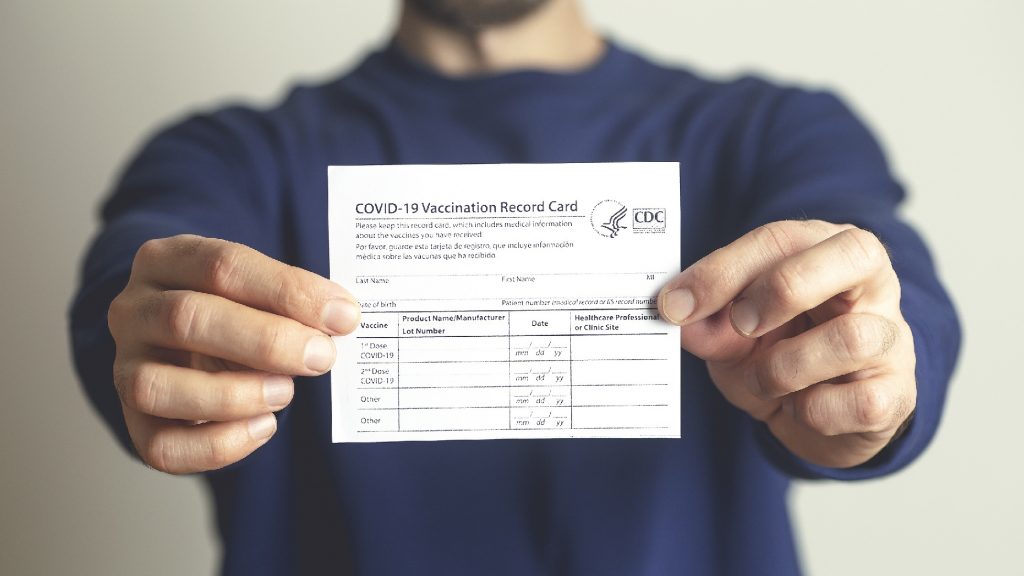A Foundational Approach
by Jeff Struckle, Specialty Insurance Solutions, Inc.
It is intriguing to watch the security measures put in place for large sporting events. Metal detectors, bag checks, security personnel, and police officers are on-site to protect athletes, staff, and fans. While nothing can be 100% safe, the more measures put in place, the more things are protected.
Though not on the same scale, protecting an Athletic Accident Insurance plan is similar. The more layers of protection applied to insulate claims, the greater the likelihood expenses will be reduced. The in-house care provided by athletic trainers and the utilization of a student athlete’s primary health insurance plan are important risk management components. They serve as the foundation for protecting and reducing medical expenses on Athletic Accident Insurance plans. However, even with these in place, there is still significant exposure.
Continue reading




